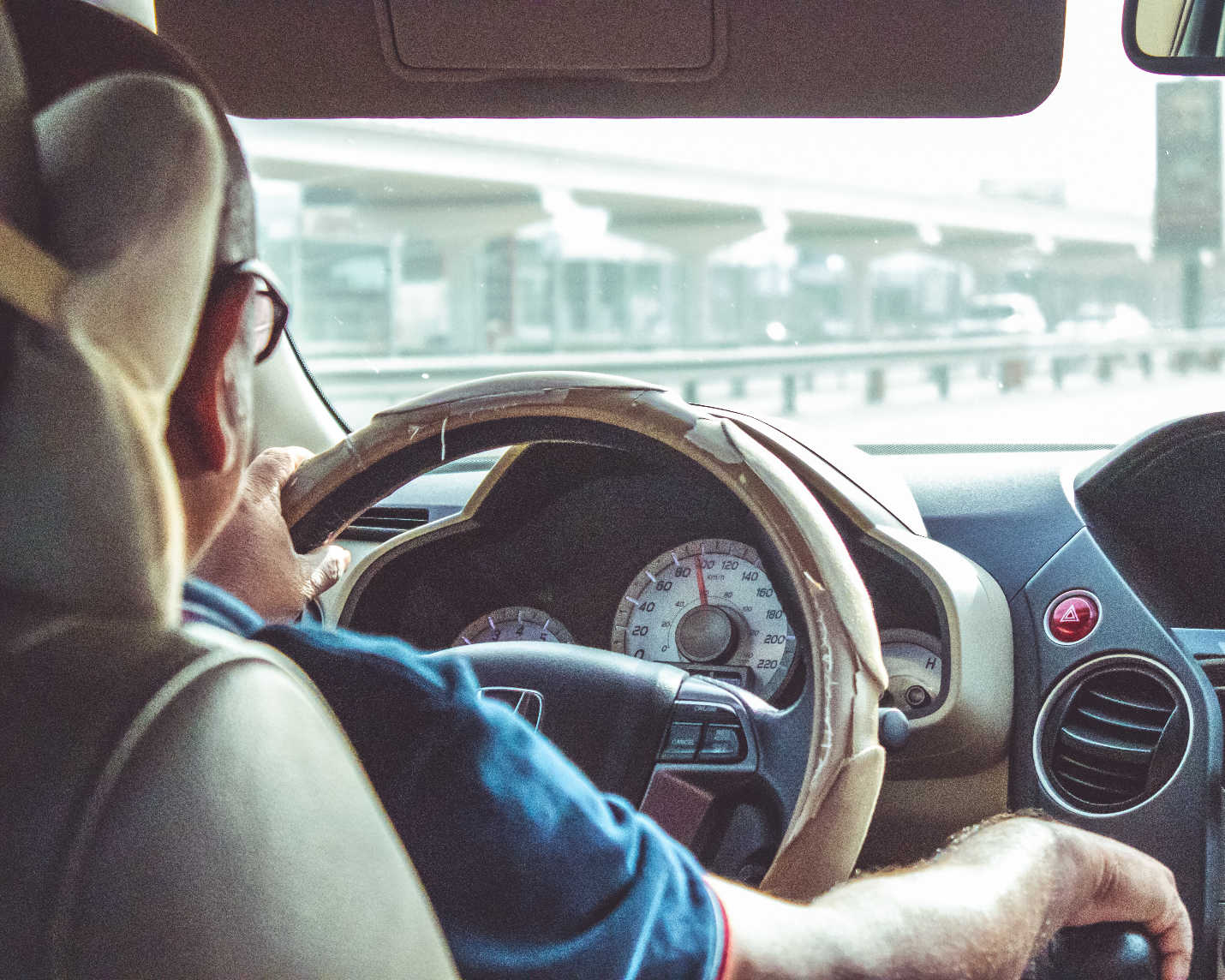While hearing loss shouldn’t stop you from driving a car, there are certain measures you can take to protect yourself, other people in your vehicle, and those in other cars. Here are top 10 tips that we gathered for you:
- Always wear your hearing aids while driving. If you have hearing aids, it’s extremely important that you wear them. They can be the only thing standing between you and an accident. If you don’t already have hearing aids, consider getting a pair. They can do more than help you while driving.
- Make sure your hearing aids are charged before heading out. The last thing you want is a dead battery on the road. Make sure you have spare batteries on hand. If you have rechargeable hearing aids, make sure they’re freshly charged, and bring your portable charger along for the ride.
- Avoid listening to music on the road. Music can distract anyone, regardless of their hearing ability. However, those with hearing loss are more likely to find themselves drowning in sound, especially in tight spaces like cars. Turn down the radio, or turn it off completely.
- Get a bigger rear-view mirror. In some states, those with hearing loss are required to have a large rear-view mirror to raise your situational awareness. While this doesn’t completely eliminate blind spots, it can greatly expand your range of vision.
- Make sure your GPS is loud and clear. Looking at your GPS or directions on your phone too much can impact your driving. Those with hearing loss need to keep their eyes on the road as much as possible. Make sure your GPS uses a clear, easy-to-understand voice, so you can rely on the audio directions more than having to look at the screen.
- Tell passengers to quiet down. Many people like to talk in the car, but this can be distracting and loud. Politely ask everyone to keep their voices down, and avoid getting into conversations while driving. If you’re driving with kids, make sure they understand that low volume is needed for their safety.
- Get your vision and hearing checked often. Your vision is your primary sense while driving, and you rely on it a lot more when you have hearing loss. If you have glasses or contacts, make sure your prescription is up to date at all times. Your hearing is also important, so make sure you monitor any changes with regular hearing tests.
- Close the car window. Noise from the wind can impact your ability to hear. Make sure all the windows are closed to prevent wind noise while you’re driving. Otherwise, it might drown out everything else you’re trying to hear.
- Get rid of distractions. No one should drive while eating, putting on make-up, or looking at their phone, but this is especially important for hard-of-hearing drivers. If you need to use your phone or do something that requires your complete attention, pull over and get it done before continuing your journey.
- In the event of an emergency or police stop, let them know you have hearing loss. You want to avoid misunderstandings in these situations, so make sure one of the first things you tell them is that you have hearing loss. This will ensure that you communicate with emergency services and police officers safely and understandably.
Reference: Signia


